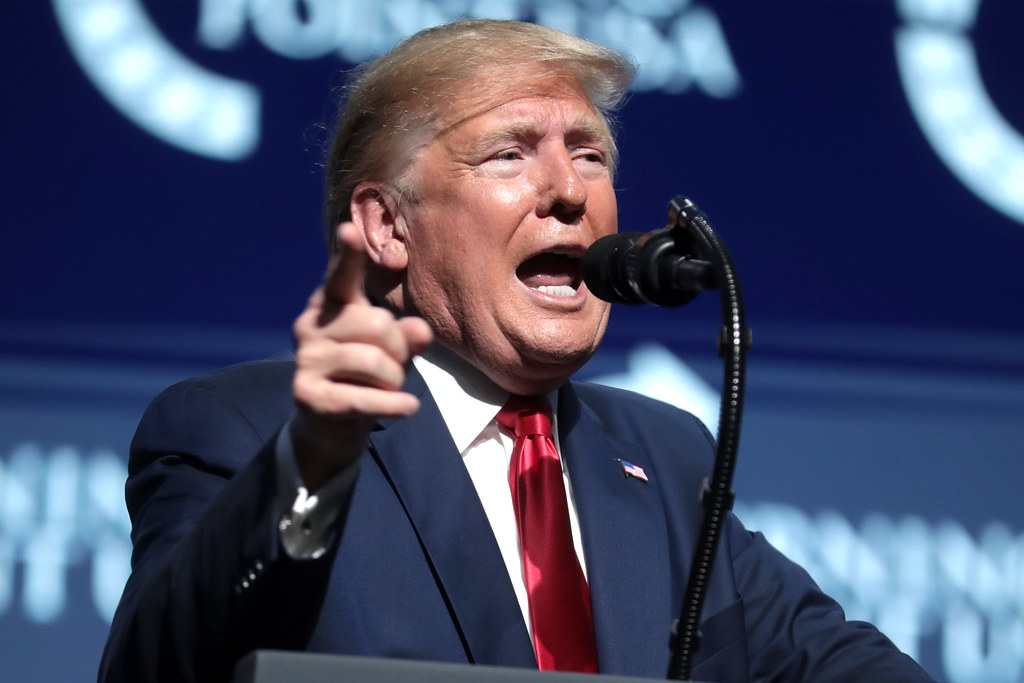Former President Donald Trump launched a blistering attack on the New York Supreme Court judge overseeing his civil fraud case, Judge Arthur Engoron. Trump accused Judge Engoron of needing to be disbarred and potentially charged criminally for his actions in the case. This outburst followed an adverse ruling by the judge in which he allowed the case to proceed, potentially exposing Trump to penalties of $250 million.
Trump initially criticized Judge Engoron for a summary judgment ruling in the case, despite his own legal team having sought summary judgment. He claimed that Judge Engoron was interfering with an election and labeled him a “Democrat club politician” and a “Democrat operative.”
In an unusual move, Trump spoke to reporters during a lunch break outside the courthouse, where he declared a partial victory in the case due to a favorable ruling on a statute of limitations issue. However, he continued to attack Judge Engoron, claiming that he was influenced by Justice Department officials and suggesting that a clerk had too much influence on the judge.
Throughout the trial, Trump has vehemently denied any wrongdoing and criticized the New York Attorney General, Letitia James, and special counsel Jack Smith. He accused them of being part of an election interference effort and called James “racist” and a “disgrace.”
The trial revolves around allegations that Trump inflated the value of his businesses and net worth. Trump has consistently portrayed the case as politically motivated, and his combative approach to the proceedings reflects the high stakes involved.
Judge Engoron has been a central figure in the trial, and his rulings and actions have been the subject of intense scrutiny and criticism by Trump and his legal team. The trial has garnered significant media attention and is emblematic of the legal challenges Trump faces post-presidency.


